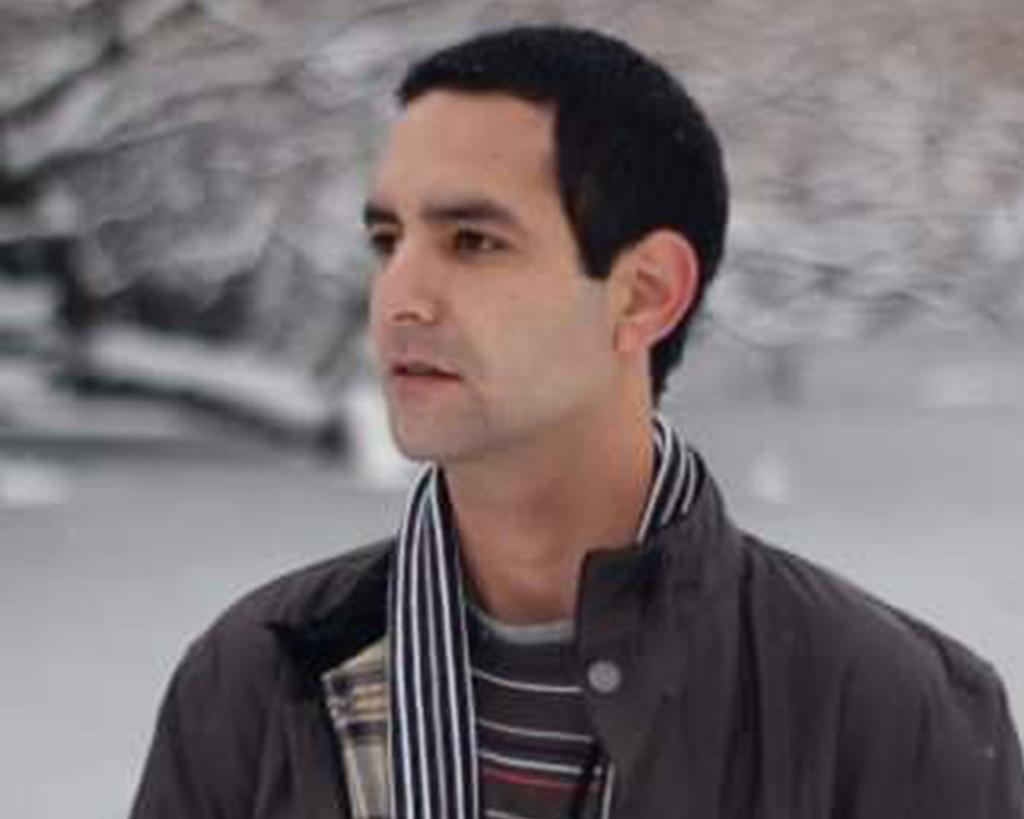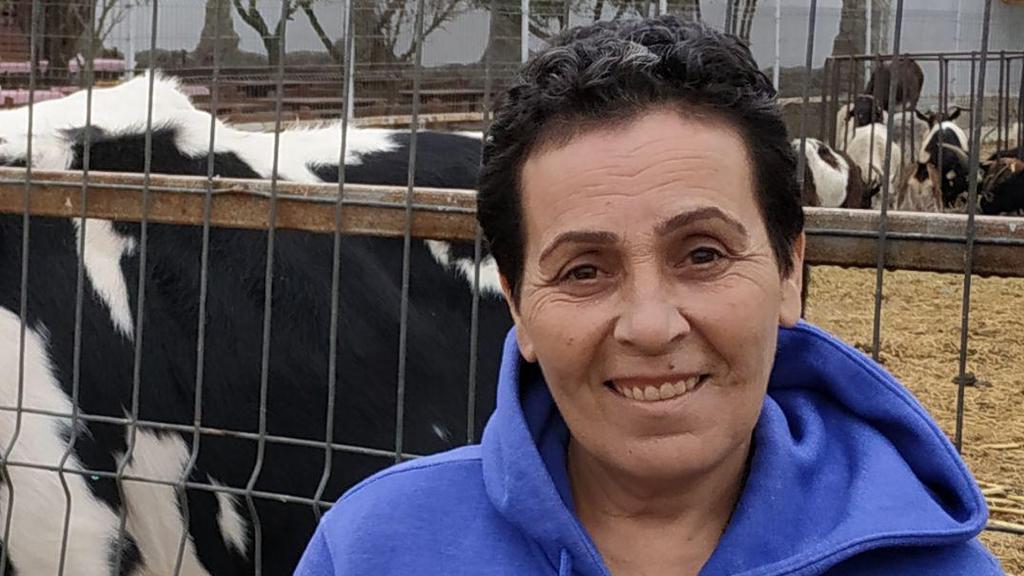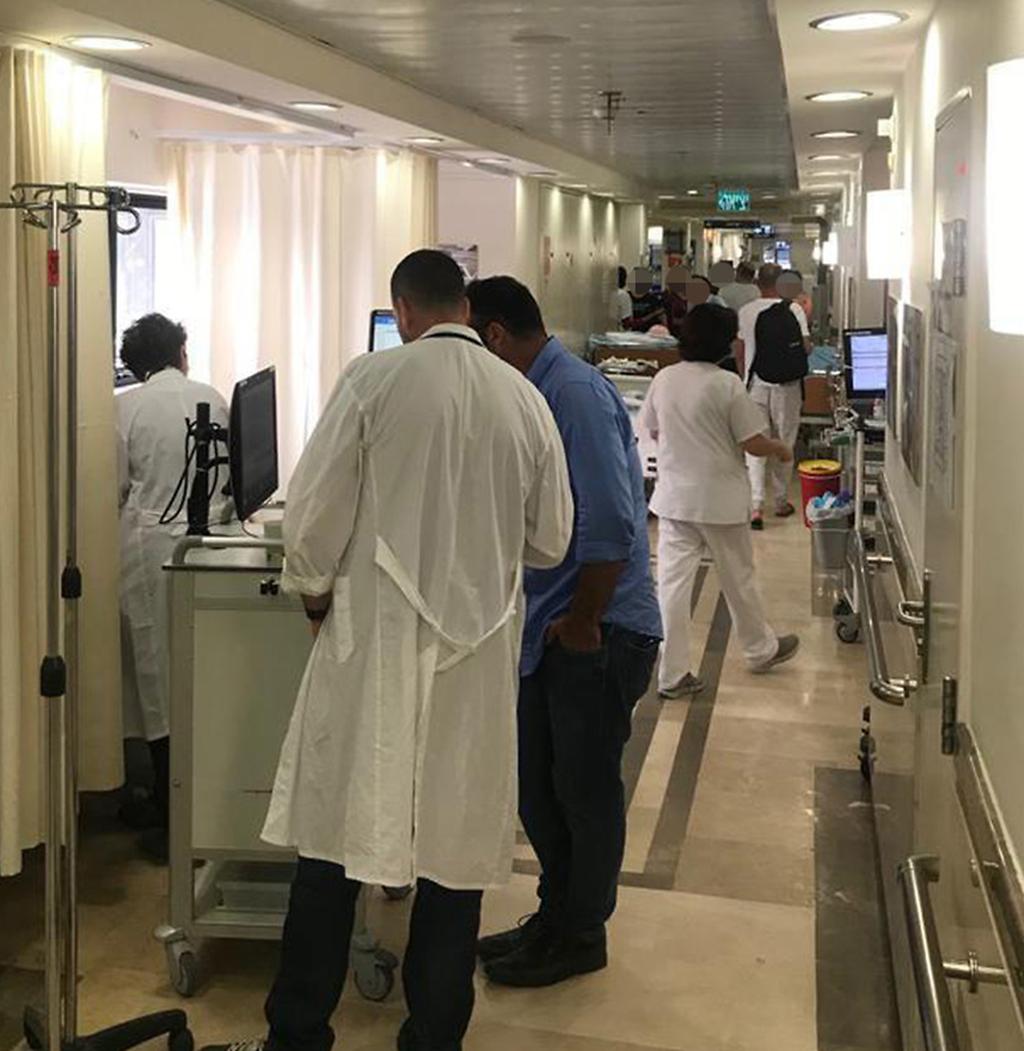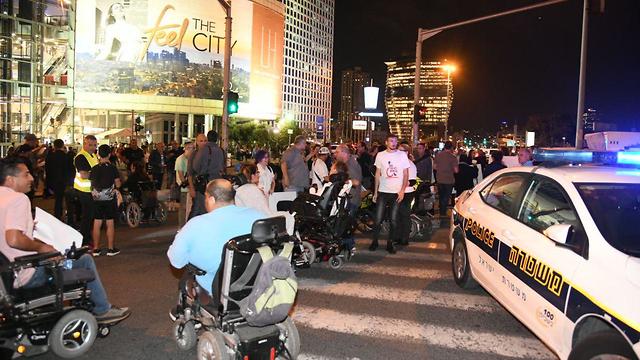Getting your Trinity Audio player ready...
After two dramatic rounds of elections, Israel is still without a functioning government, resulting in stagnation, red tape, unbearable bureaucracy, underpaid workers, and in some instances, threat to life.
Among the many hurdles, the people of Israel are left to face by themselves is the stagnation of the bureaucratic systems around the country. The health care committee, for example, has been left not knowing its budget for 2020.
That means that many patients don't know when or even if they will receive their required, often lifesaving treatments and medication.
One such patient is 41-year-old Adam Elgressy, who suffers from Crohn's disease and requires Stem Cell treatment. Even though he has already had no less than 21 operations, he still has one more to go, but he's still doesn't know when he may receive his last treatment.
"Patients like me have real chance to have full lives," says Elgressy. “If there's no budget to treat us, we'll be condemned to another year of barely functioning."
Shulamit Schwartz, who suffers from an aggressive form of lung cancer called Small-Cell Carcinoma (SCLC), is hoping that the medication needed to treat her disease will make it onto the list of state-subsidized medications.
"The clock for lung cancer patients is ticking," says Schwartz. “When you receive the news that you have one of the most aggressive types of cancer, you hear a clock ticking in your ear constantly. We pay the country to take care of us in our adult life, and now is the time for the country to take care of us."
The hospitals are also suffering from the political turmoil, with patients being treated in the hallways, and the staff themselves overworked from extreme shortage in manpower, and even though a Health Ministry committee deliberated on how to improve the situation in hospitals, the political stagnation means that there is no budget to implement any of its findings.
"The hospitals have many departments that are at over capacity all year long," says Prof. Avishay Elis, head of the Israel Society of Internal Medicine, who was also part of the committee. "In the report we submitted there are solutions that could be applied immediately, but there's no one left to start applying them."
Israel's education system is another casualty, and although the Education Ministry had plans that were already budgeted at approximately NIS 6 billion, the political state of flux means that these plans are on indefinite hold.
The immediate financial cost will be felt mostly by parents who will now be paying for their children's previously state-funded enrichment programs during the school holidays.
A program for special education students was meant to facilitate the inclusion of children with special needs in regular classrooms was supposed to start in the coming school year, but now that plan has been put on hold as well.
Teachers are, of course, also hurt by the political situation. There is no government to negotiate terms of employment with. “We have already said everything there is to say about teachers' employment conditions in Israel," says teacher Rachel Kenan.
“We’re dealing with low pay, embarrassing pensions, unpaid overtime, and the fact that student teachers need to pay out of their own pocket in order to train as educators."
Those dependent on the embarrassingly low disability stipend protested last February in order to have the sum increased. After widespread protests, the Knesset approved a gradual increase in the money they receive each month.
The law stated that after the initial increase, both the finance and welfare ministers “will discuss whether further increase in the disability stipend was needed."
Now those dependent on the increased income are left with no money and no answers.
Razit Ben-Broch is a 41-year old single mother, who is 100% disabled according to Israel's National Insurance Institute.
"I am suffering from Post-Traumic Stress Disorder, and I'm a single mother, every shekel is critical for me,” she says. “The stipend I'm forced to live on is not nearly enough for me and my daughter, for now, it seems unlikely we'll receive any increase."
Ben-Broch added: "I can't give my daughter the life she deserves, it's very sad that this is the life those who suffer from disability are forced to live in Israel."
Young children in need are also left to suffer, with approximately 200 teenagers out in the streets, waiting sometimes more than nine months for a place to open up in one of the few state-funded youth shelters.
In the meantime, these teenagers are left to roam the streets, commit crimes, abuse heavy drugs, and engage in sex work themselves in order to survive, simply because there's no approved budget in order to build additional shelters.
Miriam Peretz was one such girl. She was only 17 when she died of an overdose after waiting for more than nine months for a place to open up in one of the packed youth shelters near Jerusalem.
While she waited, Miriam's situation deteriorated, and she started using heavy drugs more and more frequently. Her life tragically ended after she overdosed in the house of an acquaintance in Jerusalem.
Ironically, those that aren't expected to be affected by the turmoil that has somehow worsened all of our everyday lives are the members of Knesset, who have awarded themselves a 3.5% raise in order to mark the new year.







